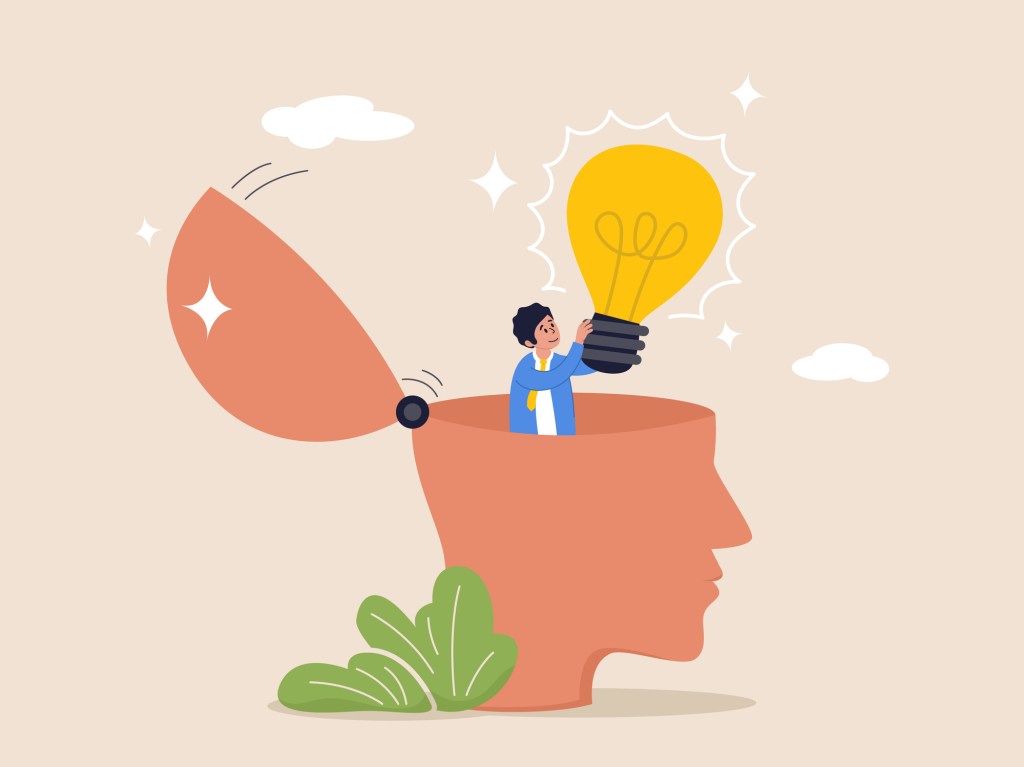These Tiny Gears Can Fit Inside a Strand of Hair, Paving the Way for Micromotors That Could Revolutionize Medicine
For more than three decades, researchers have been attempting to create gears that are small enough to fit inside the human body, but with the current available tech, they’ve hit a wall at 0.1 millimeters in diameter. Now, however, a team at Sweden’s University of Gothenburg has built gears that are so tiny, they can fit inside a strand of hair, laying the groundwork for the smallest on-chip motors in history — and they’re powered by light.









